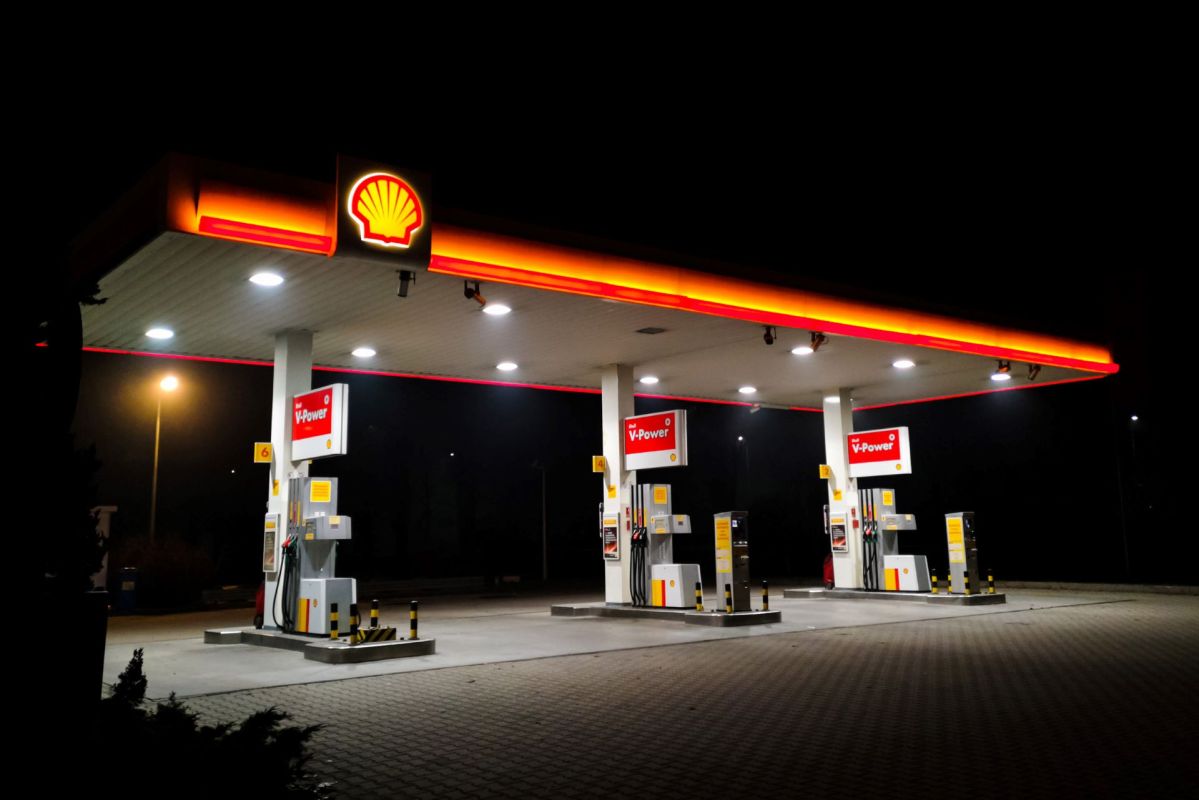According to a complaint filed by Global Witness, an environmental advocacy group, the oil company Royal Dutch Shell claims it spent more money on clean energy solutions than it actually did.
What happened?
Earlier this month, Global Witness filed a complaint with the Securities and Exchange Commission, The Washington Post reports. In its filing, the group claimed that Shell's reported spending on "Renewables and Energy Solutions" — which it said was 12% of its expenditures in 2021 — includes funds invested in natural gas, a dirty energy source.
Why is natural gas a problem?
Natural, or methane, gas is a fuel that is similar to coal and oil because there is a limited amount available. Capturing it often causes pollution, and burning it releases heat-trapping gases into the atmosphere — exactly what renewable or "clean" energy solutions are supposed to avoid.
Some, like Ohio Governor Mike DeWine, have argued that natural gas releases less carbon dioxide than coal and should therefore be considered a clean energy source.
However, carbon dioxide isn't the only kind of heat-trapping gas. Methane, the main component of natural gas, traps about 80 times as much heat as carbon dioxide for the first two decades after it enters the atmosphere.
For buyers and investors looking for an environmentally friendly corporation, it sounds impressive when 12% of a company's budget goes toward clean energy. But according to Global Witness, if you take away investments in natural gas, Shell's actual numbers are closer to 1.5%. At the same time, oil companies are making more money than ever.
What's being done about natural gas?
While some people in both business and politics are trying to make natural gas an exception to eco-friendly policies, others are pushing back.
Los Angeles, for one, has officially banned natural gas in all newly constructed buildings to cut down on the city's heavy air pollution. New York City's Local Law 97 will also restrict the amount of heat-trapping gases that buildings can produce, with the guidelines gradually growing more strict over the next few decades.
Meanwhile, individuals can help cut down on their natural gas use by switching to electric or induction stoves.
Join our free newsletter for cool news and actionable info that makes it easy to help yourself while helping the planet.









